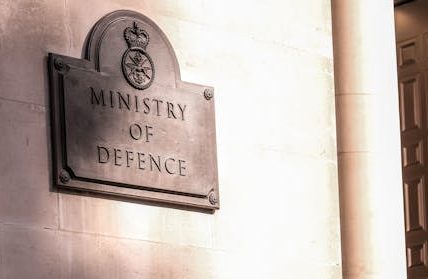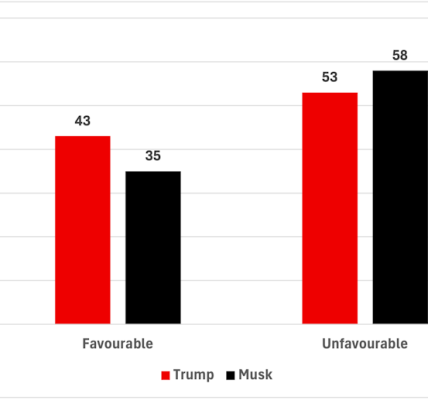Marine fungi could help feed the world and fight disease
Fungi are nature’s recyclers and chemists, turning waste into useful products and creating an array of enzymes and compounds. By harnessing this potential through fungal biotechnology (using fungi to develop products and technologies for various applications), we can create sustainable materials, food and processes that help solve global challenges like food shortages, pollution and climate change.
Fungal biotechnology supports a “circular economy”, where resources are reused instead of wasted. Fungi can help make our food supply more stable and eco-friendly, while cutting greenhouse gas emissions. But to fully unlock what is possible, we need to better understand different fungi and develop new tools to work with them to find solutions.
The marine environment is home to a rich diversity of fungi. However, marine fungi were once overlooked and not widely considered for their biotechnological potential.
Local science, global stories.
This article is part of a series, Secrets of the Sea, exploring how marine scientists are developing climate solutions.
In collaboration with the BBC, The Conversation’s senior environment editor, Anna Turns, travels around the West Country coastline to meet ocean experts making exciting discoveries beneath the waves.
Now, my team of scientists at the Marine Biological Association, a research institution based in Plymouth on the south-west coast of England, has changed that. By gathering over 500 fungal strains from seawater, sediments and seaweeds, we have created a comprehensive marine fungi culture collection.
These fungi are stored at -80°C and studied at temperatures similar to the local shoreline they are from. This unique collection is already helping us learn more about marine fungi, including how they grow and adapt to different environments.
My colleagues and I are now exploring how these marine fungi, especially those from seaweed, can be used in biotechnology to create more useful, sustainable products in the future.
The European seaweed industry is growing fast and could be worth up to €9.3 billion (£7.8 billion) by 2030. Seaweed farming doesn’t need land, fresh water or fertiliser, and it can support ocean health.
Marine fungi, especially those originally isolated from seaweed, could recycle seaweed into valuable products.
At the Marine Biological Association, we are testing many combinations of different seaweeds and fungi to discover new uses. This approach could help make the seaweed industry stronger, more efficient and better for the environment.
The future is fungal
Feeding the world’s growing population is a major challenge, especially with nearly a billion people unable to afford nutritious food and the environmental consequences of high meat consumption. One promising alternative protein source involves using seaweed and fermenting it with marine fungi to create a nutritious protein source called mycoprotein – similar to what’s found in some current commercial products.
Antimicrobial resistance – the development of superbugs that become resistant to antibiotics as a result of their overuse – is a global health threat. This makes it harder to treat infections. Fungi naturally produce chemicals to protect themselves from other microbes, and several antibiotics come from fungi, including penicillin. Marine fungi could be a valuable new source of antibiotics and drug treatments to fight resistant infections and protect public health.
Pests and the diseases they spread cause major crop losses worldwide, threatening food security. Traditional chemical pesticides are becoming less effective and can harm helpful species like pollinators, while also leading to pest resistance.
Scientists are now exploring ways to target pests by using microbes without damaging the environment. One promising but unexplored source is marine fungi. Marine fungi and the arsenal of chemical compounds they produce may hold the key to developing new, eco-friendly pest control methods that protect crops while supporting wildlife and sustainable farming practices.
Our marine fungi culture collection is helping unlock the potential for finding new solutions to many of the world’s biggest challenges.
Listen to episode four of Secrets of the Sea here on BBC Sounds, presented by Anna Turns for The Conversation.
Don’t have time to read about climate change as much as you’d like?
Get a weekly roundup in your inbox instead. Every Wednesday, The Conversation’s environment editor writes Imagine, a short email that goes a little deeper into just one climate issue. Join the 45,000+ readers who’ve subscribed so far.
Michael Cunliffe received funding from the European Research Council (ERC) for the project MYCO-CARB and currently receives funding from the UKRI Horizon Europe Guarantee scheme for the projects MARCO-BOLO and BIOcean5D. PhD students in the Cunliffe Group are supported by the UKRI BBSRC/NERC SWBio, ARIES and INSPIRE Doctoral Training Partnerships and the Marine Biological Association.



